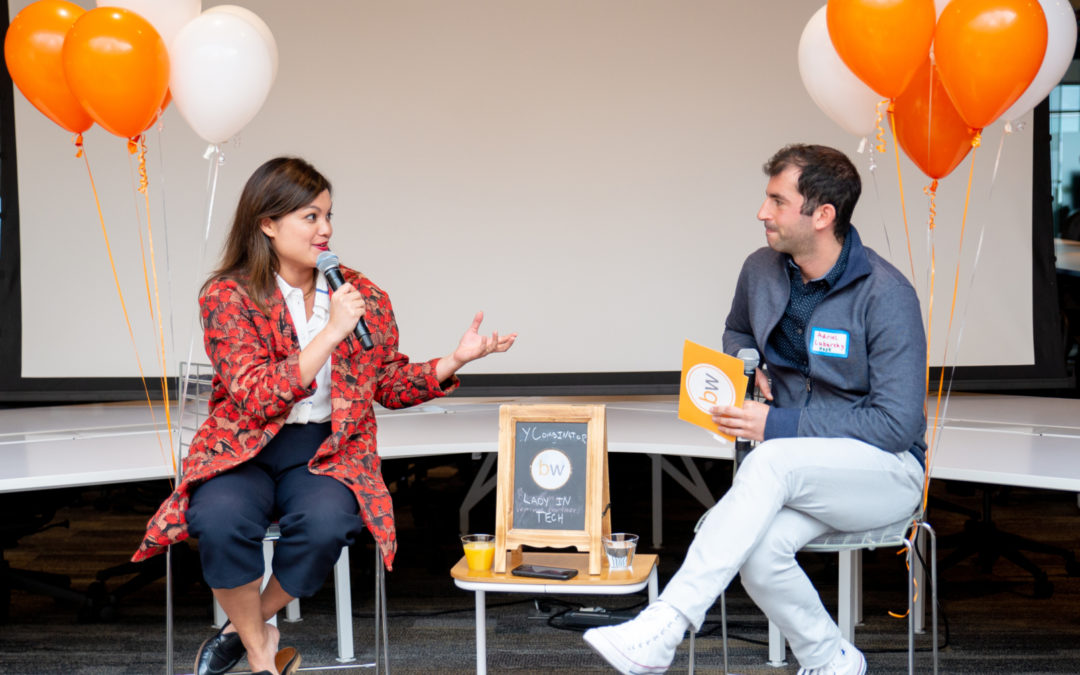Communicating the vision behind your startup—to successfully get others on board—isn’t all about data, facts, or a professional pitch deck. According to Kat Mañalac, partner and director of outreach at Y Combinator (YC), it’s about mastering the art of storytelling. That’s one of your best public relations strategies.
One of Kat Mañalac’s job is to recruit “smart, hardworking people from around the world” for YC, a seed accelerator that invests in very early stage startups. She focuses on finding the founders who don’t know about the program or think it’s not a good fit and encouraging them to apply.
Once accepted, Mañalac and her colleagues at Y Combinator help each company get off the ground. A major component of this process is helping the founders figure out how to pitch their story in a concise and convincing way—and according to her, that involves learning how to be a better storyteller.
Why is brand storytelling such an important public relations strategy for founders?
As a founder, one of the jobs you’re going to be doing throughout the entire life of your company is telling its story. You need to be able to tell that story in a way anyone can understand because you want your users and investors—and, early on, your friends and family—to be your sales force.
As an example, what’s the pitch you give when recruiting for YC’s program?
There’s no startup organization that has the track record that YC has. At this point, we have 19 alumni that are valued at over a billion dollars. It’s an incredible network—you get access to a community of 4,000 other founders in pretty much every vertical.
How does an entrepreneur become a better storyteller?
It’s a lot about A/B testing and rehearsing it with your peers. Decide on the three points about your startup that you’d want anyone to remember. You don’t need to get into the nitty gritty of it all. Just say a few sentences in a compelling enough way that people will ask follow-up questions. Practice with a group of peers, ideally other founders, and keep repeating what you do in that two to three sentence format. If you can get a recurring group of people to meet every few weeks, like we do in YC, that’s great.
Who should founders tell their stories to?
Your first focus should always be figuring out who your ideal customer is. If I could hand you five perfect customers, what do those companies or people look like exactly? Then, start doing targeted experiments to figure out the answer to, “Who is this a hair-on-fire problem for? Who really needs this so much that, even in a janky early stage phase, they’d be willing to pay me for it?” Once you find that group, you can double down and really hone in and target them. Sell your story to everyone in that group before you start hitting other demographics or other markets.
Launching your own company is tough, even if you have great co-founders, the data to back up your concept, and an impeccable pitch deck. In addition to all that, you also need the skill of storytelling. By learning how to be a better storyteller, you’ll be able to get more people on your side—from customers to investors—and have an easier time bringing your company to life.
For more expert advice from venture capitalists and other founders, check out our newsletter. And if you’re in LA, NYC, or San Francisco, come say hi at one of our events. (More cities coming soon!)
This interview was conducted by Adriel Lubarsky and condensed by Abby Wolfe.

